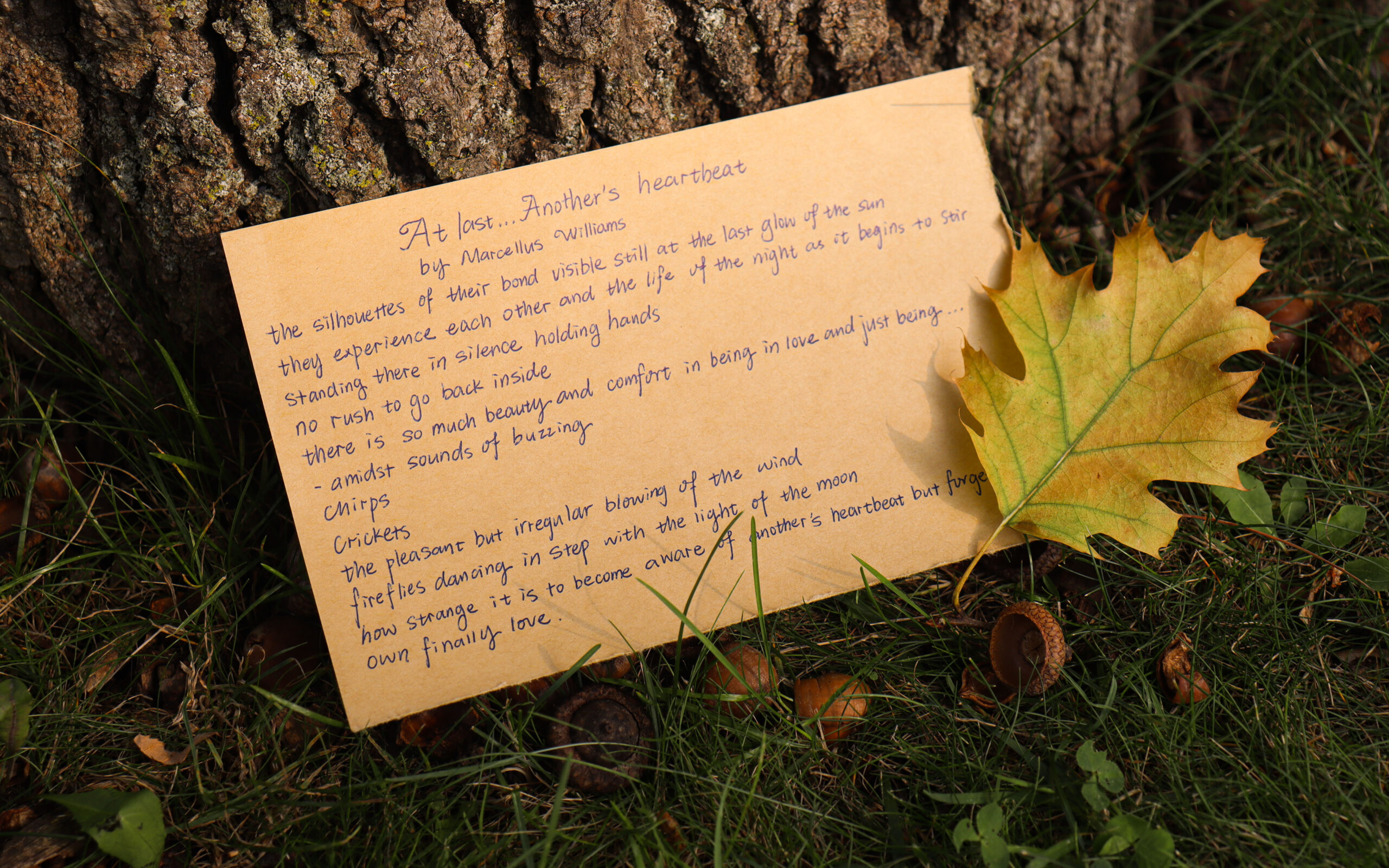“At last…Another’s heartbeat”: A reflection on Marcellus Williams’ final poem
A tribute to the power of words, this article contemplates the intersection of love and loss within the context of Williams’ tragic story.
On September 24, 2o24, Marcellus Williams, a devout Muslim Black man, was executed by lethal injection in Missouri. In 2001, Williams was convicted for the murder of Felicia Gayle, a woman who was found stabbed to death in her home in 1998. Despite the lack of evidence connecting Williams to the crime scene, he was sentenced to life imprisonment. During the 23 years he spent in prison before his execution, he spent much of his time studying Islam and writing poetry. One of those poems was the beloved “At last…Another’s heartbeat.”
The execution of Marcellus Williams ignited controversy due to questions surrounding his conviction. His defence argued that no forensic evidence connected him to the crime, with mishandled DNA on the murder weapon belonging to prosecutors rather than Williams. Moreover, key witnesses (both with criminal records) were tempted by financial rewards, raising concerns about their credibility. A no-contest plea agreement was reached in 2023, but Missouri’s Attorney General blocked it, leading to Williams’ death sentence. The exclusion of Black jurors and allegations of racial bias further enraged the public, prompting huge support for Williams and the viral sharing of his poem.
In Williams’ poem “At last…Another’s heartbeat”, we see a serene moment of human connection. His words evoke a tender stillness with imagery of fireflies, wind, and moonlight, painting a scene of quiet beauty. Being in tune with another’s heartbeat while losing awareness of one’s own suggests deep empathy and unity. The poem invites readers to pause, reflect, and appreciate the simplicity of life. The peacefulness conveyed through nature contrasts with the tragic reality of Williams’ fate, executed by the state despite ongoing doubts about his conviction. His words leave behind a legacy of resilience and serve as a reminder that humanity is often overlooked in a deeply flawed system.
Williams’ poem is an influential account of the power of words, particularly those written from a place of confinement. In “At last…Another’s heartbeat,” Williams’ delicate observations of nature — chirps, crickets, the dance of fireflies — illuminate a moment of peace and love, even from within the harshest realities. His ability to transform the simple experience into a profound reflection on human connection and existence underscores the importance of poetry in giving voice to the voiceless. It gives us insights into what Williams valued: peaceful times together, affection, and nature. This poem serves as a gloomy reminder of the beauty that can be found even in the darkest of places.

